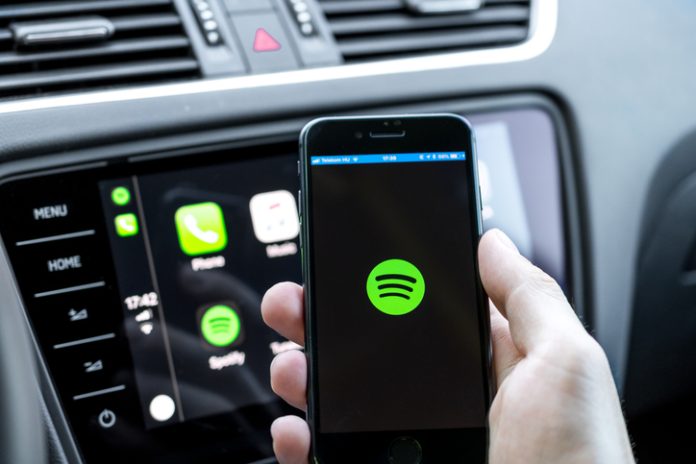TikTok Music, which offered a fresh avenue for music discovery and viral trends, has recently shut down, leaving a vacuum in the music streaming industry. As TikTok Music users look for alternatives, Spotify, the dominant player in music streaming, is well-positioned to absorb these users. The shutdown is shaping the industry in new ways, with wide-ranging implications for both artists and listeners.
Spotify’s Role: Absorbing Displaced Users
As Spotify adapts to accommodate an influx of TikTok Music users, it is refining its user interface and enhancing discovery features. Already known for its algorithm-driven playlists such as Discover Weekly and Daily Mix, Spotify is expanding its focus on personalization to appeal to younger, trend-sensitive listeners. This move aims to replicate the viral and social nature of TikTok Music, drawing in users who previously relied on TikTok for their music discovery.
One of Spotify’s biggest advantages lies in its ability to cater to diverse music tastes. With AI-powered recommendations, it continues to engage users by curating playlists that resonate with their listening history, mimicking the sense of discovery that TikTok users enjoyed.
Impact on Artists: New Challenges and Opportunities
The shutdown of TikTok Music raises concerns for emerging artists who relied on TikTok’s viral power to gain exposure. TikTok Music allowed lesser-known musicians to rise to fame rapidly through viral trends. As these artists transition to Spotify, they face a different landscape. Spotify’s algorithms, while effective, often favor tracks that already have considerable traction, making it harder for independent artists to stand out.
Spotify’s streaming model may encourage artists to shift their promotional efforts. With playlist placements becoming more crucial, musicians will need to strategize around appearing in curated lists like RapCaviar or New Music Friday. However, the platform’s focus on social sharing features and artist-fan interactions offers opportunities for musicians to foster a more direct connection with listeners.
Industry Implications: Consolidation and Future Trends
TikTok Music’s exit from the scene marks a consolidation of power in the music streaming industry, with Spotify and Apple Music emerging as the primary players. This could have long-term effects on competition, leading to potential pricing shifts or subscription model changes. Moreover, as Spotify absorbs more users, the platform’s role in dictating artist compensation and influencing trends becomes even more significant.
Despite this consolidation, niche platforms with indie music focuses or unique discovery models may also seize the opportunity to attract users who crave a more tailored experience, offering artists a space to thrive outside of the mainstream.
Conclusion: A Changing Landscape
As TikTok Music shutters its doors, Spotify is in a prime position to capture a large portion of its user base. While this presents challenges for independent artists, it also highlights Spotify’s growing dominance in the music streaming world. The industry’s future will depend on how platforms like Spotify adapt to provide a balance between personalized user experiences and supporting new artists. At the same time, listeners navigate an increasingly consolidated music market.
Music Industry Weekly understands that this shift signals the next phase of music streaming’s evolution, where competition and user experience will continue to drive innovation. For both artists and fans, the closure of TikTok Music marks a pivotal moment, as Spotify and other platforms shape the future of music discovery and engagement.








